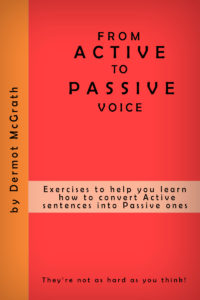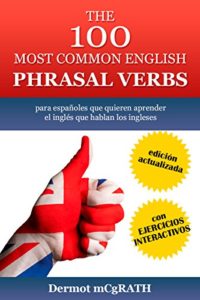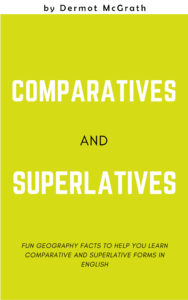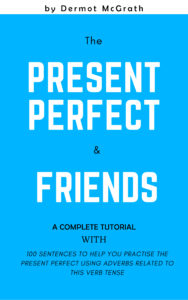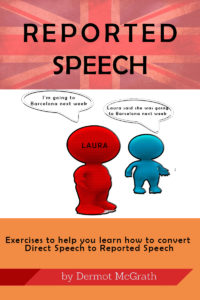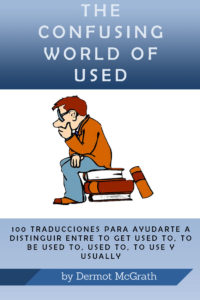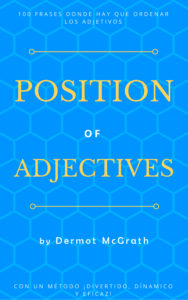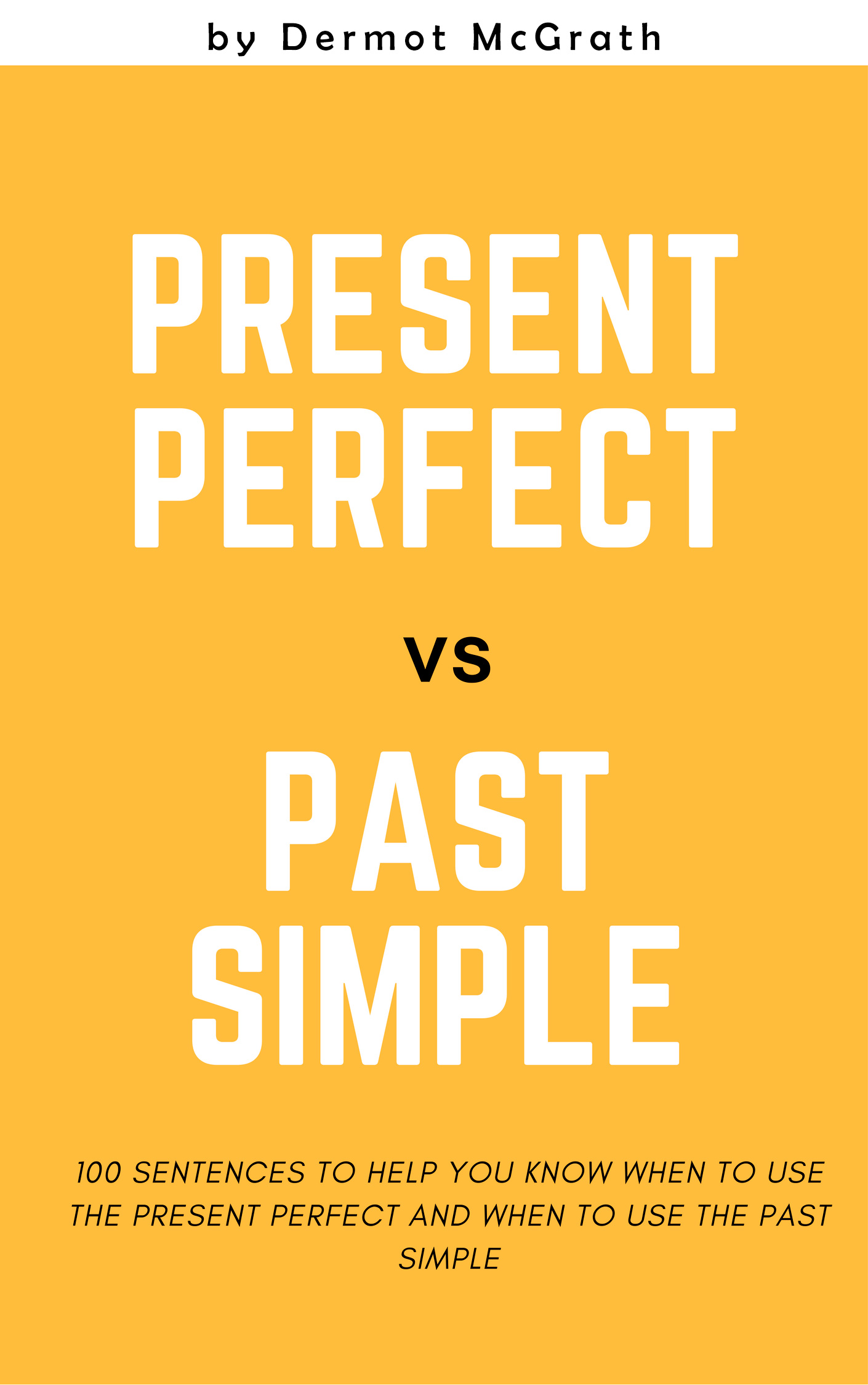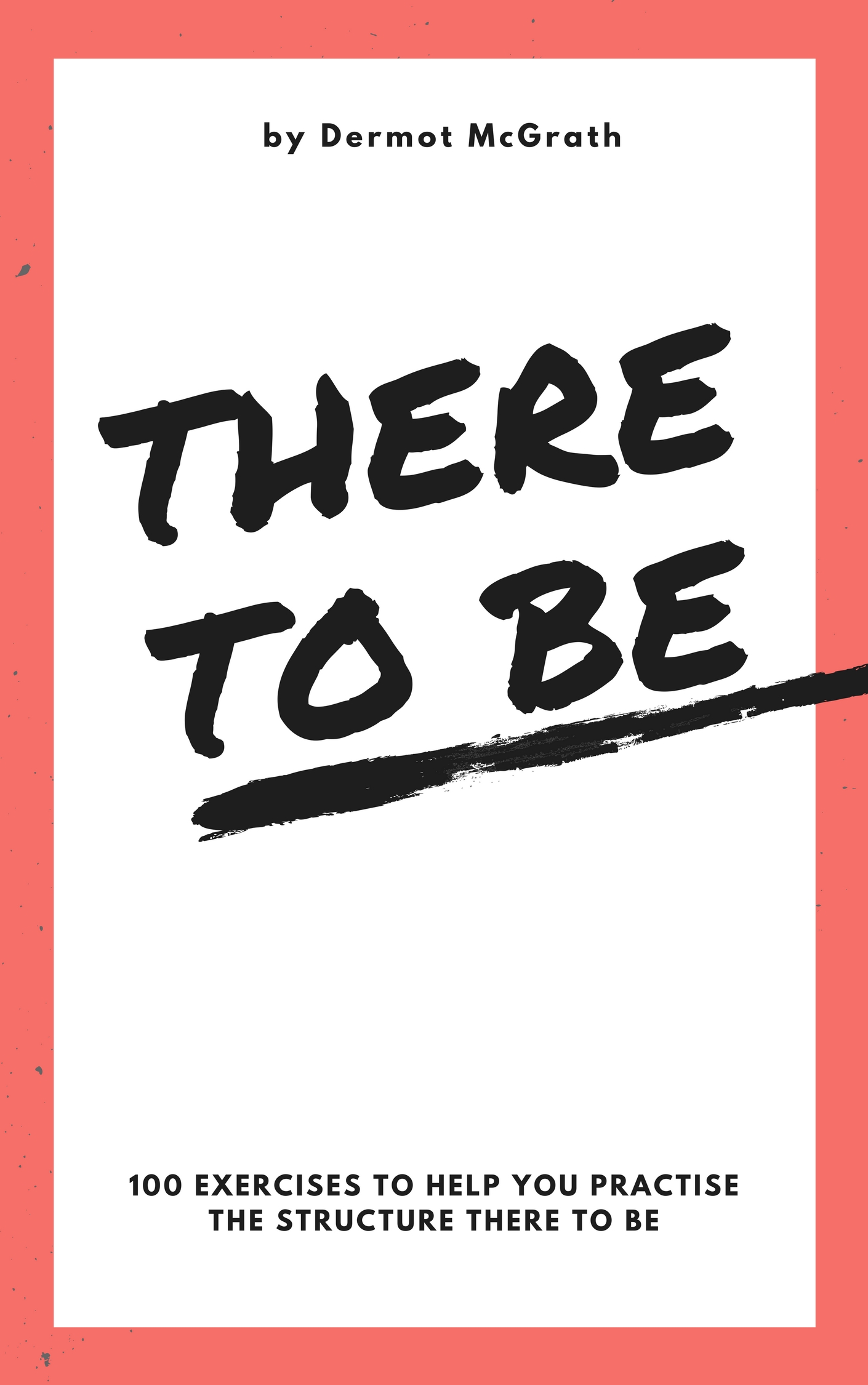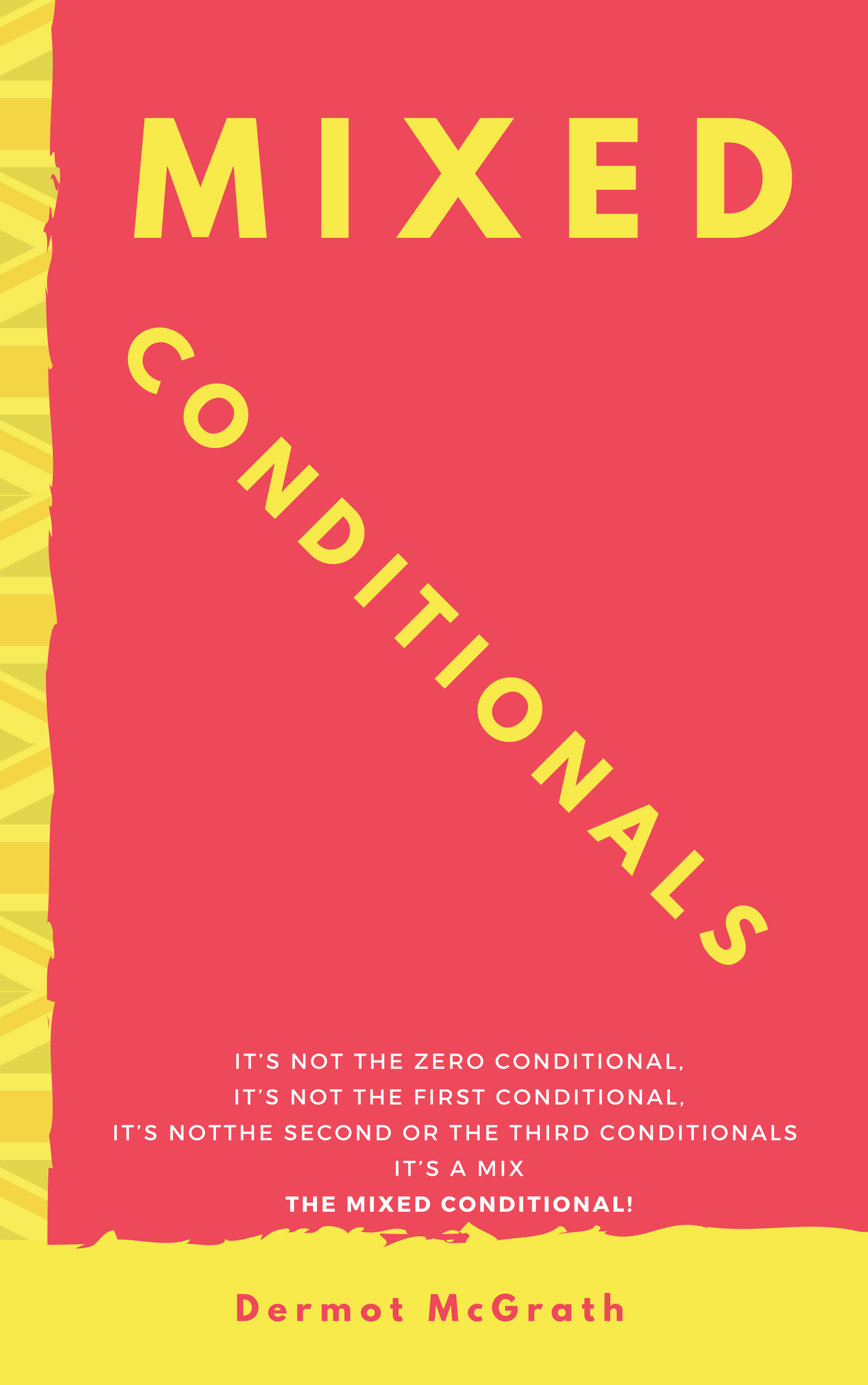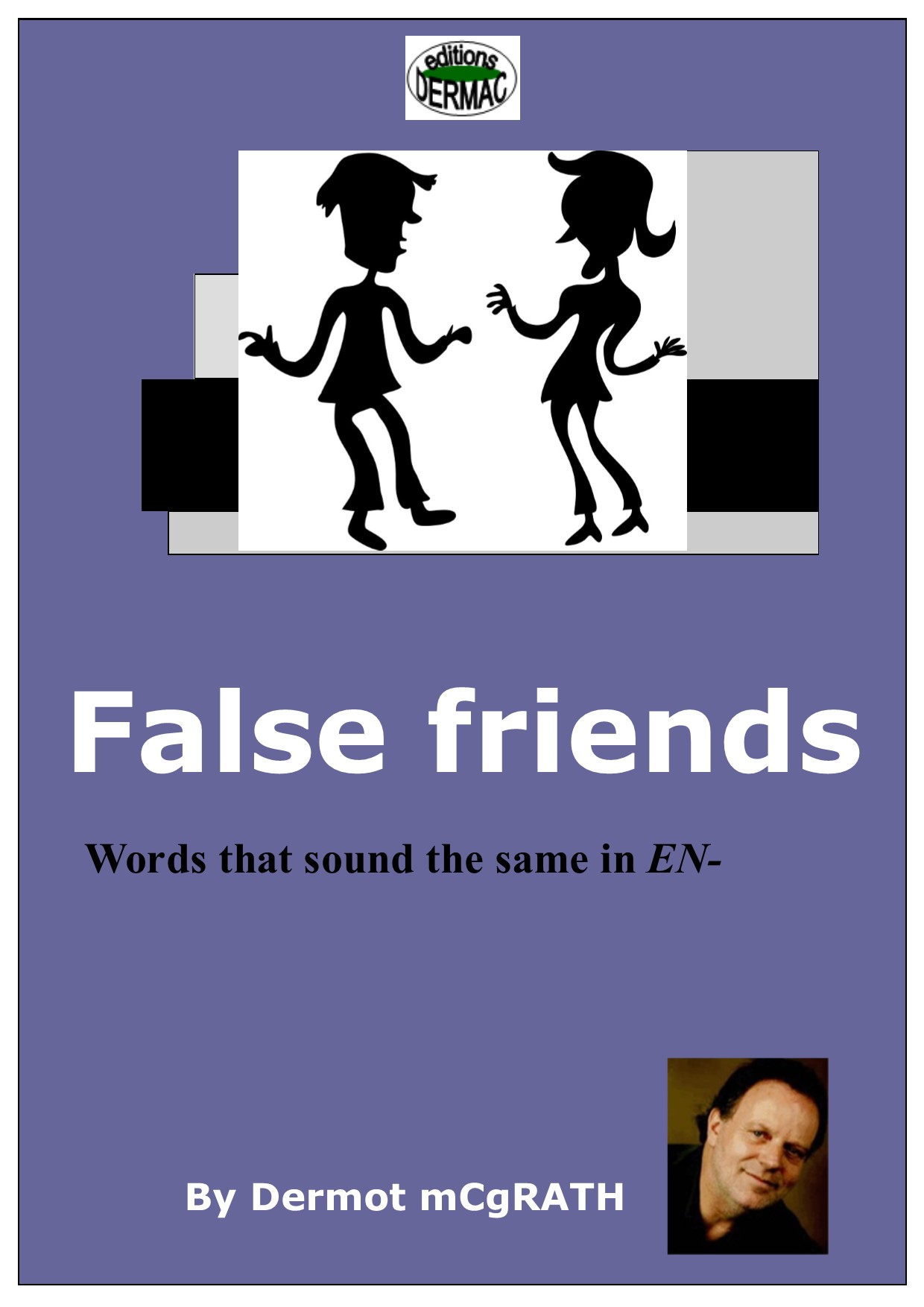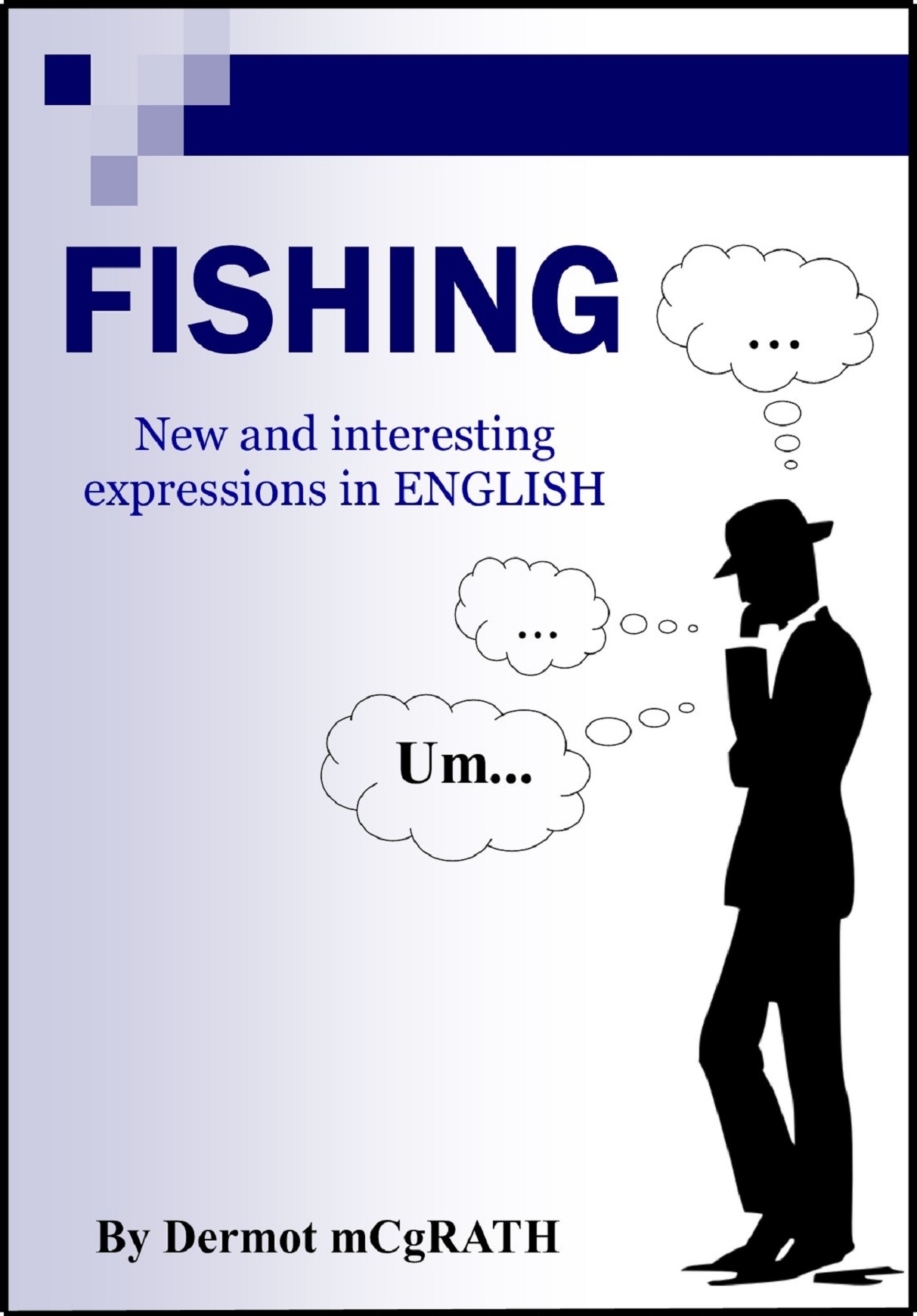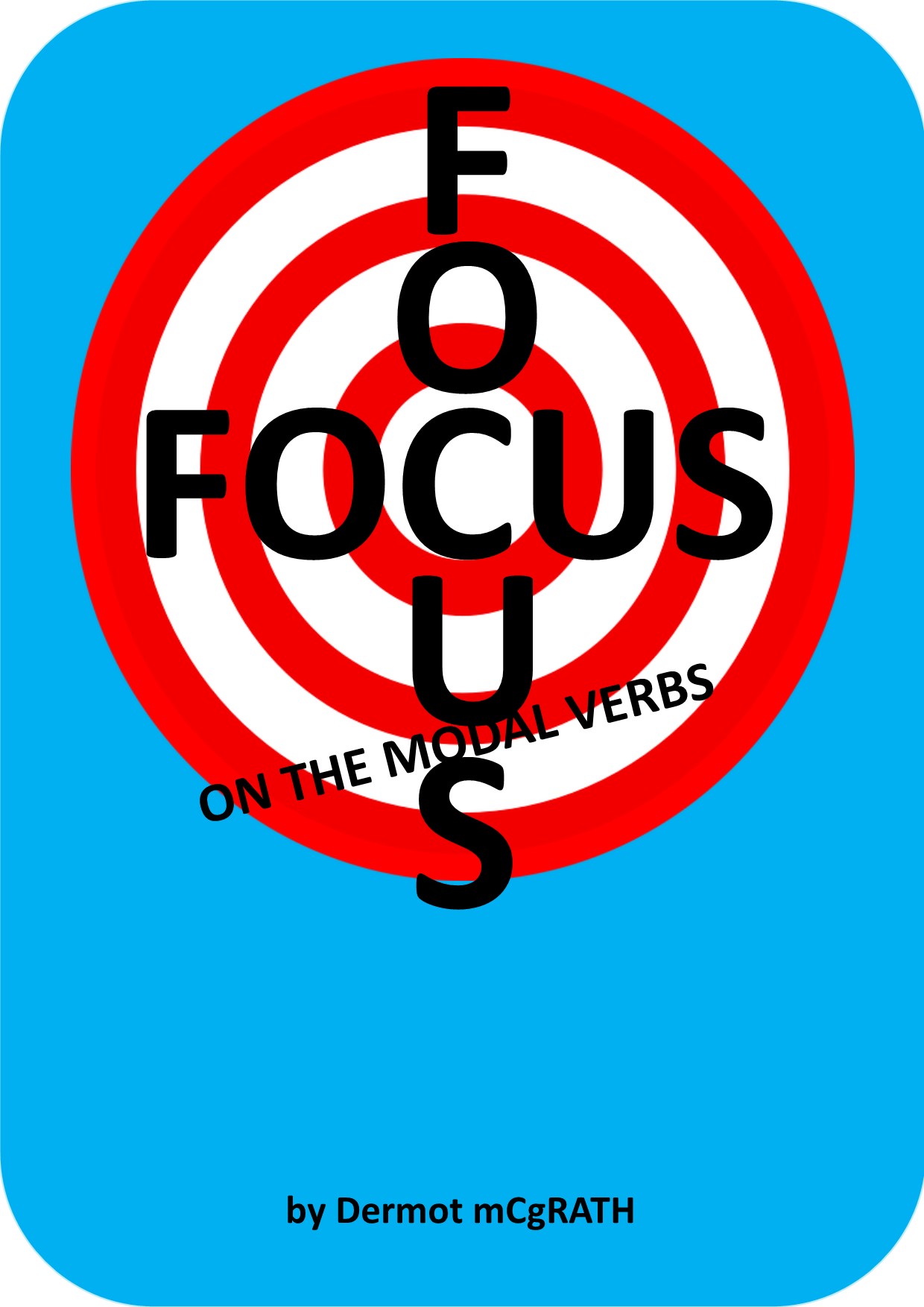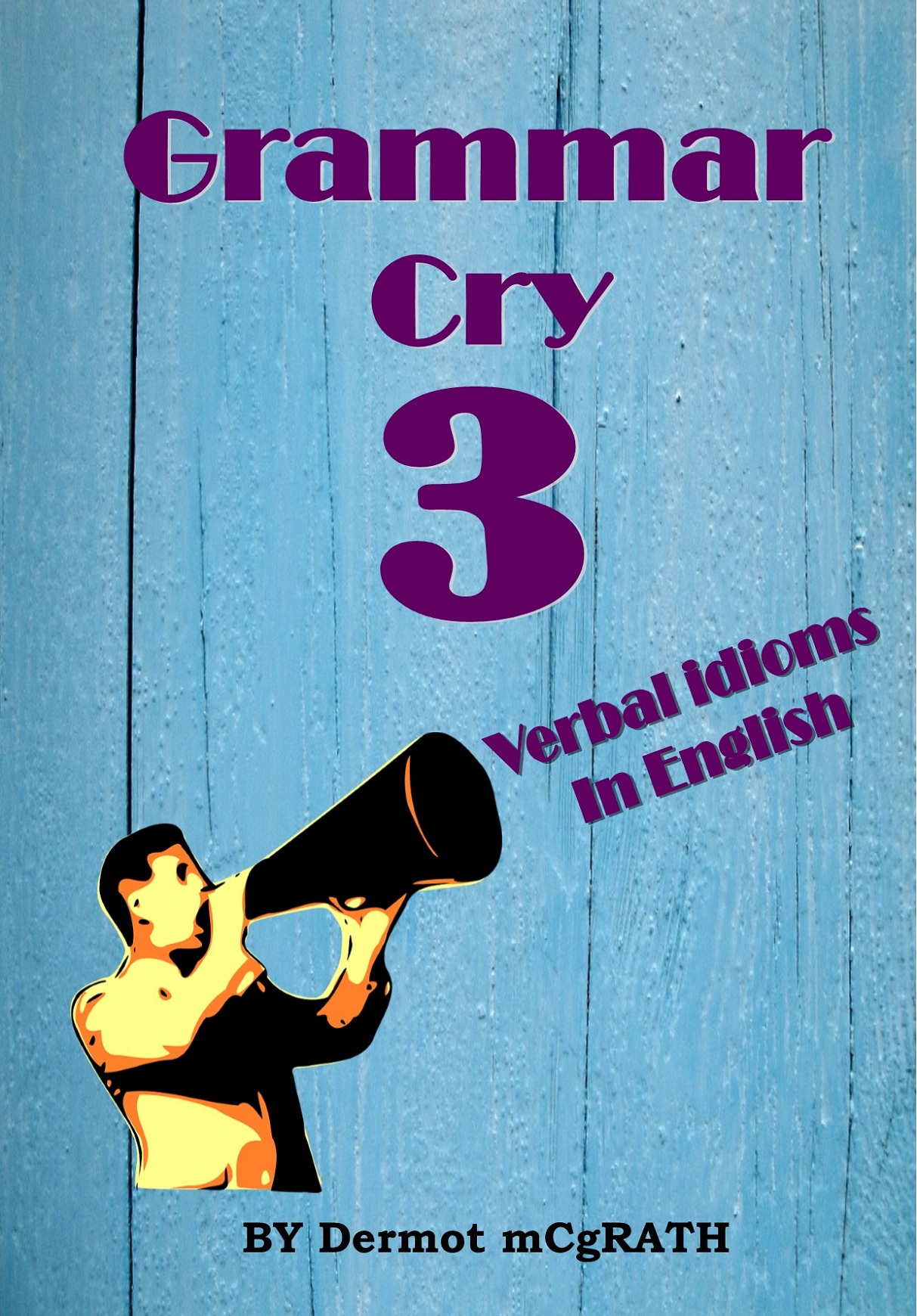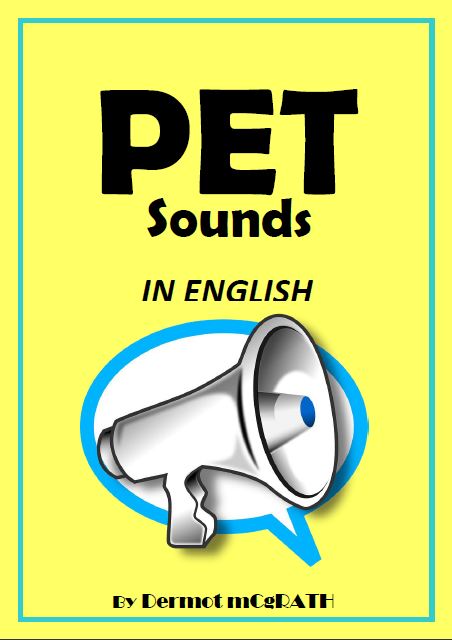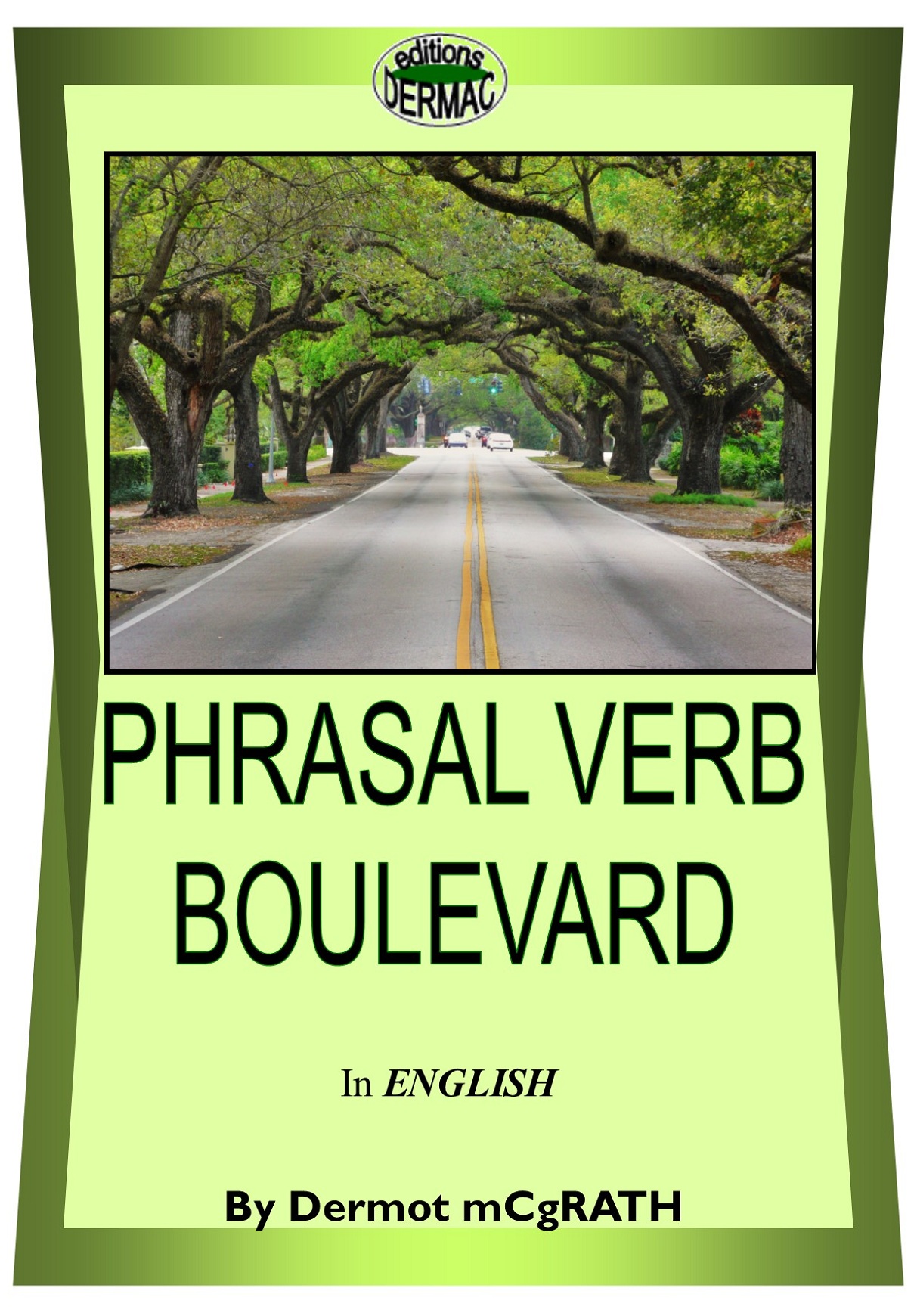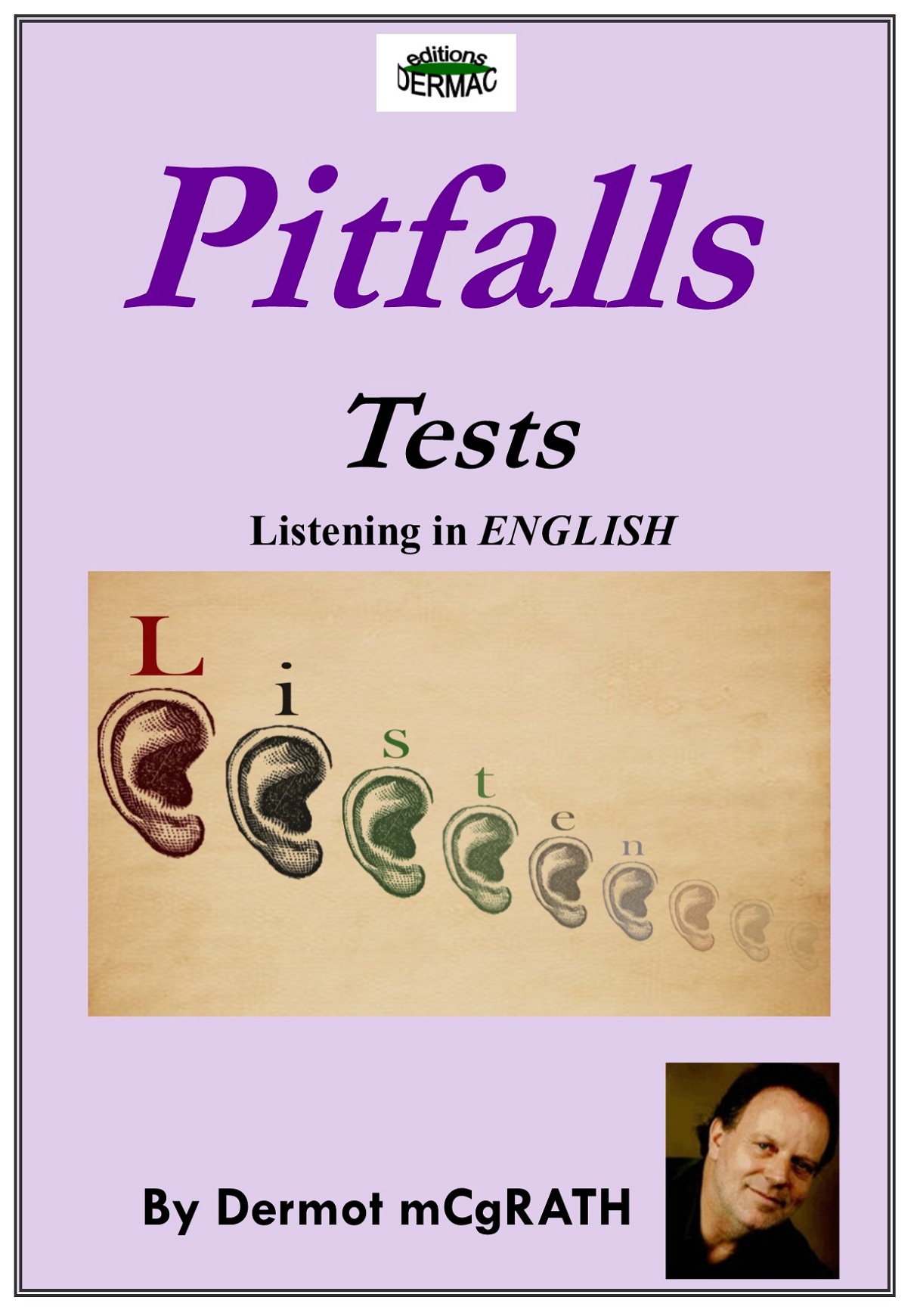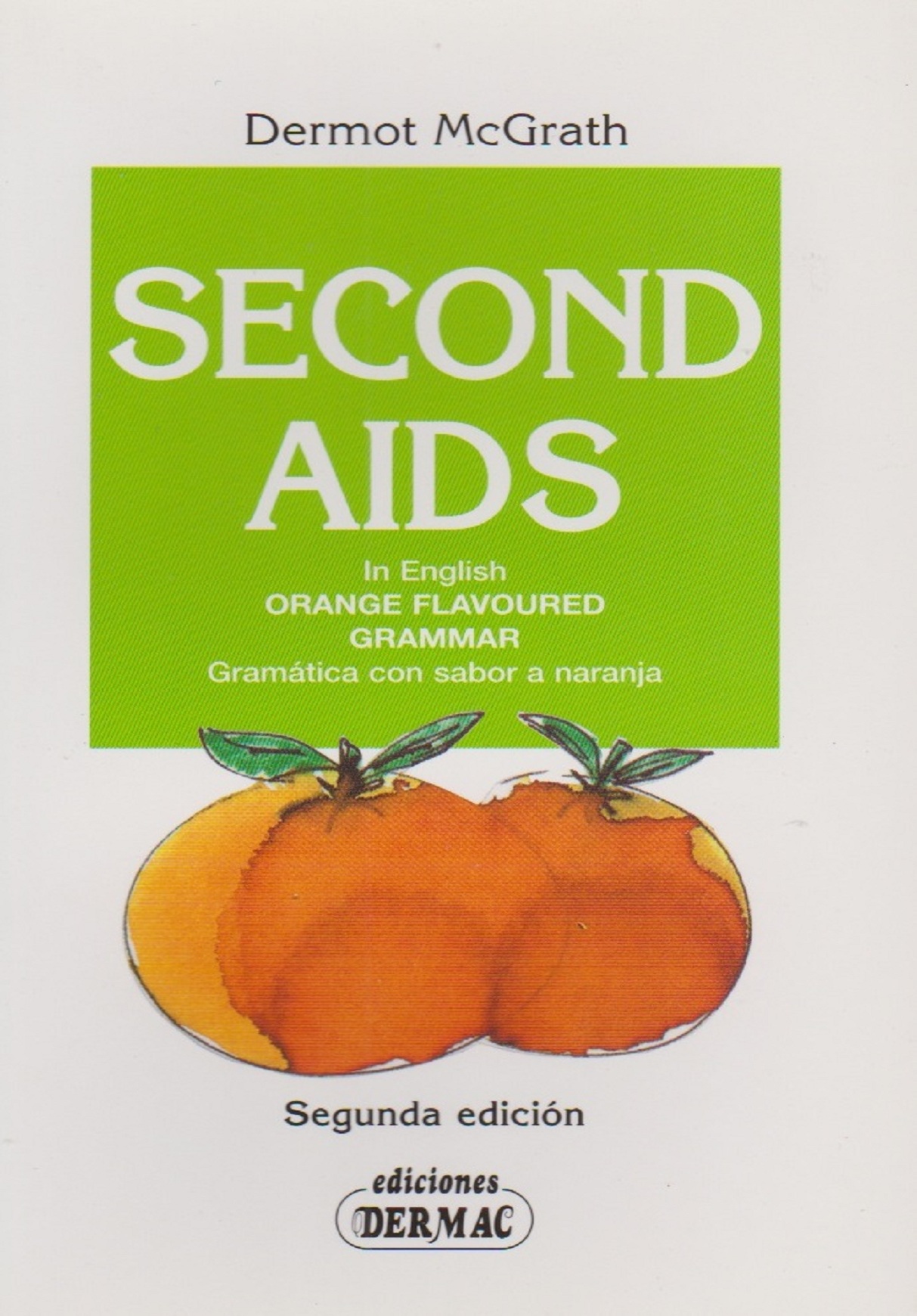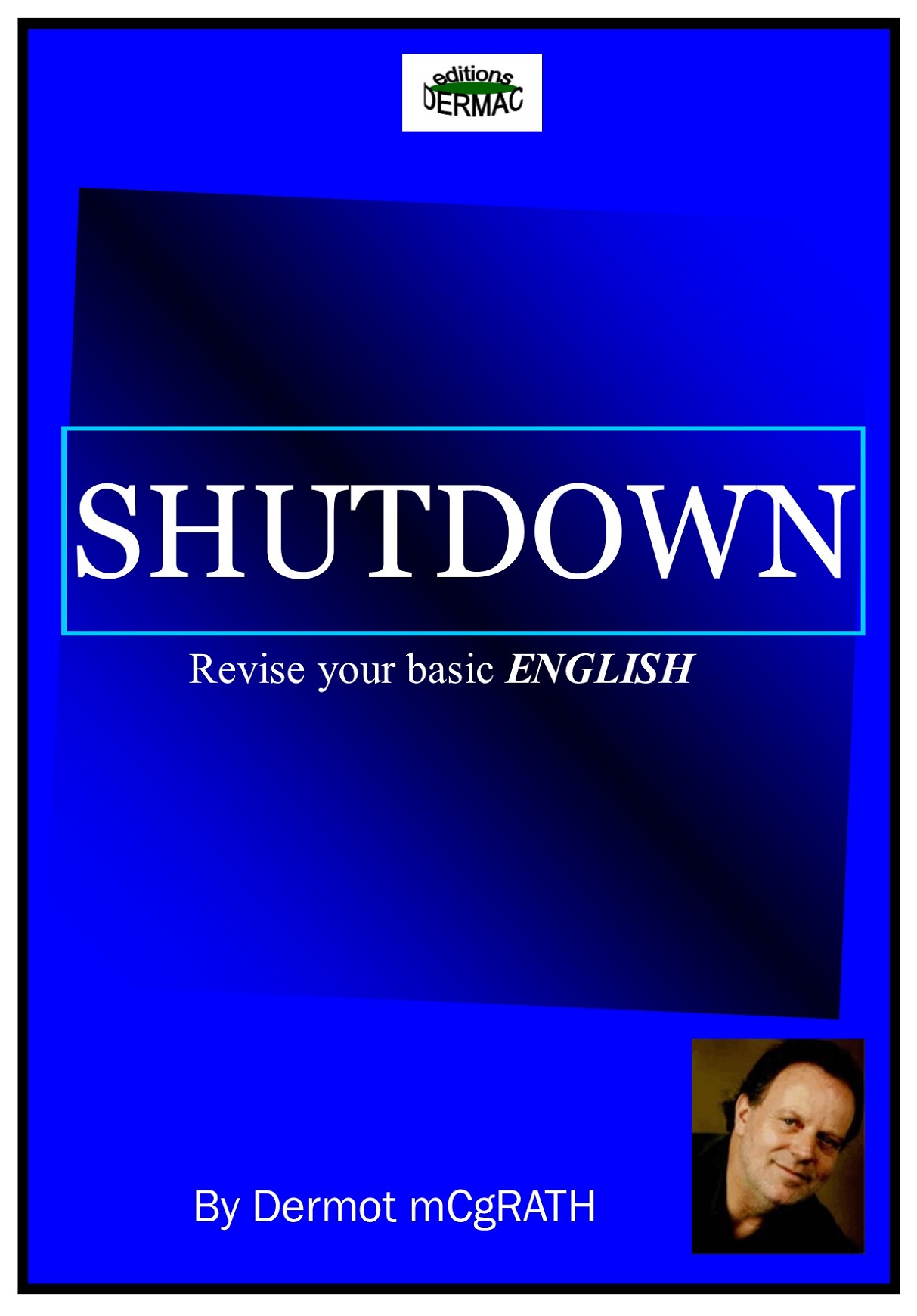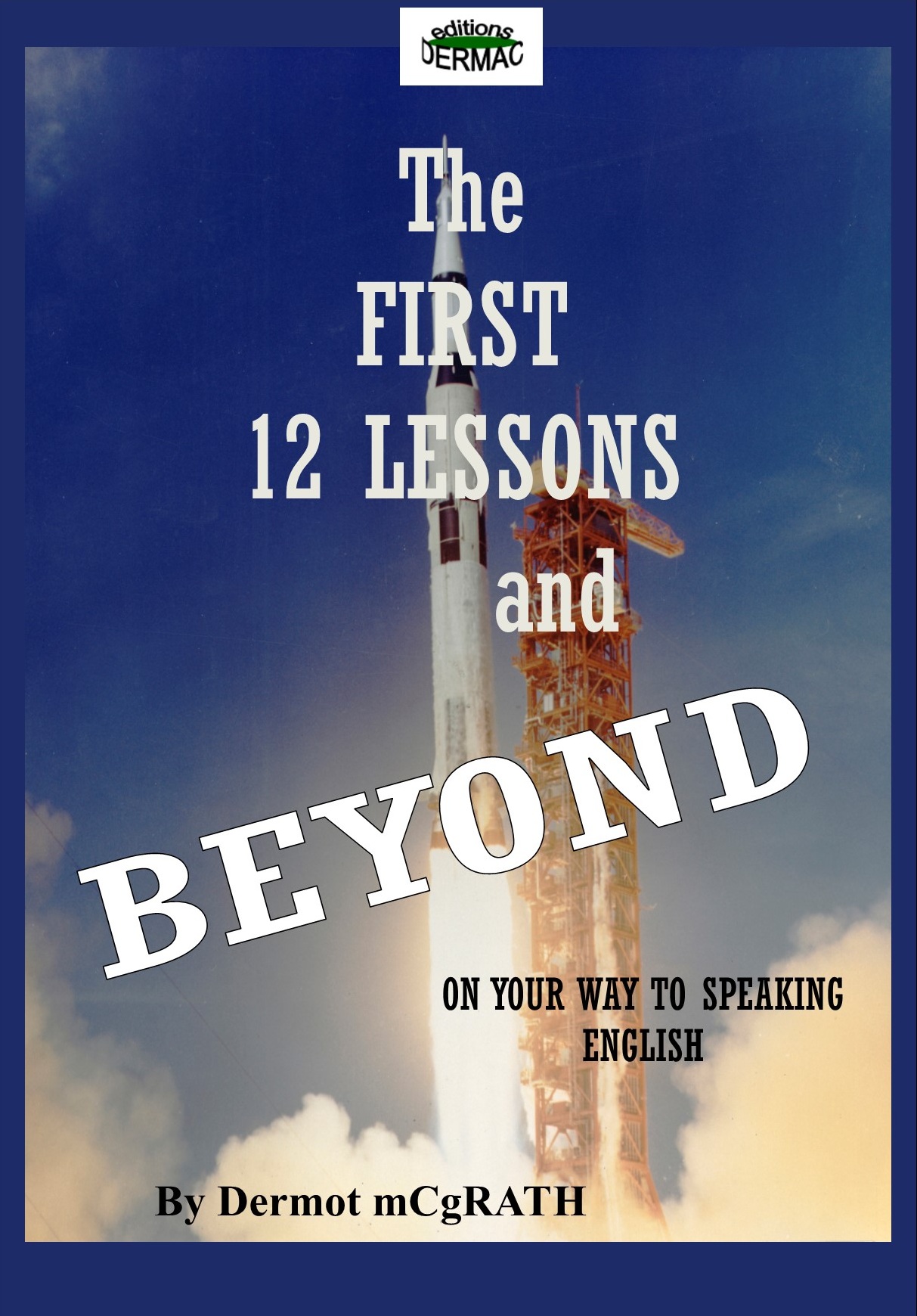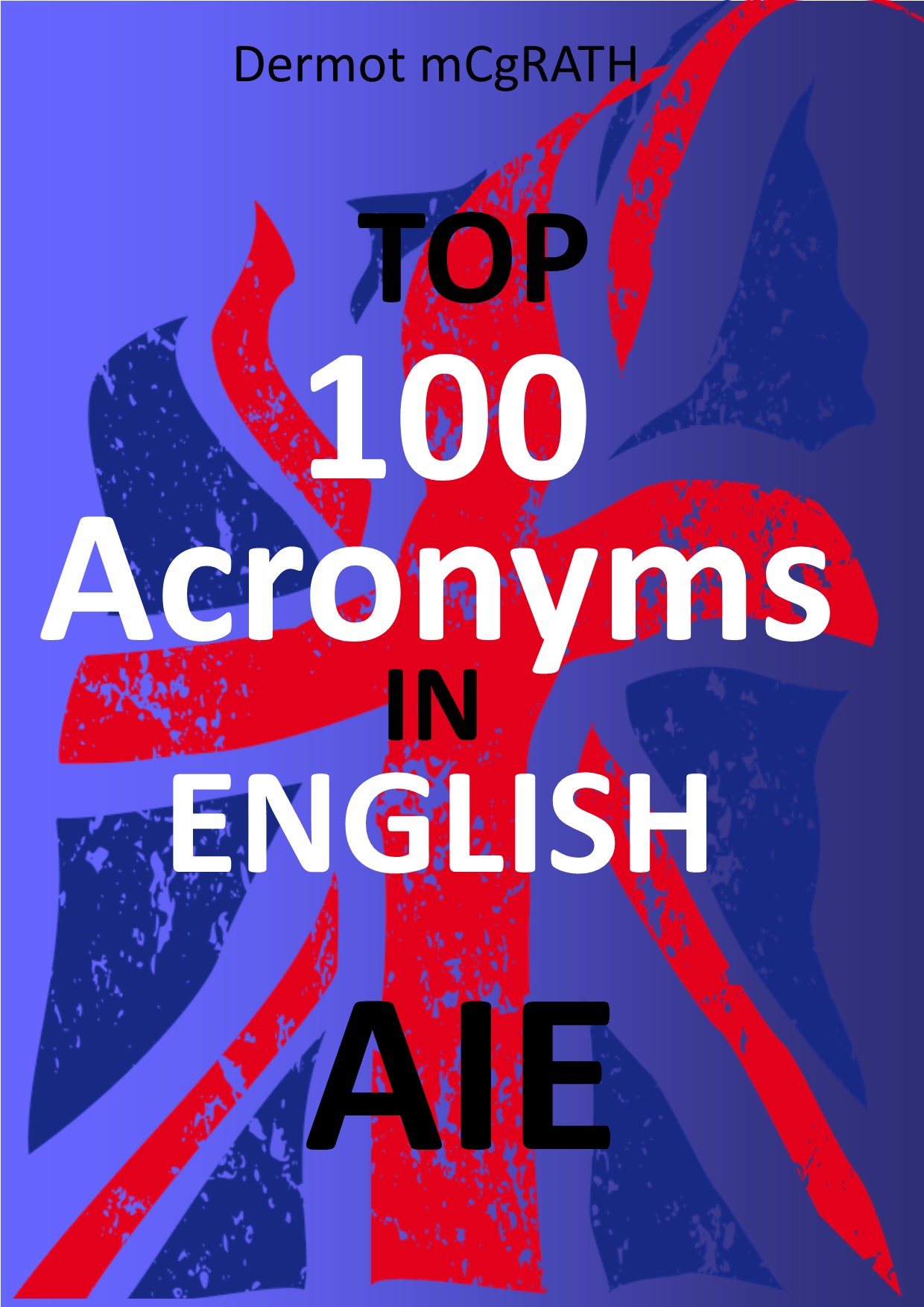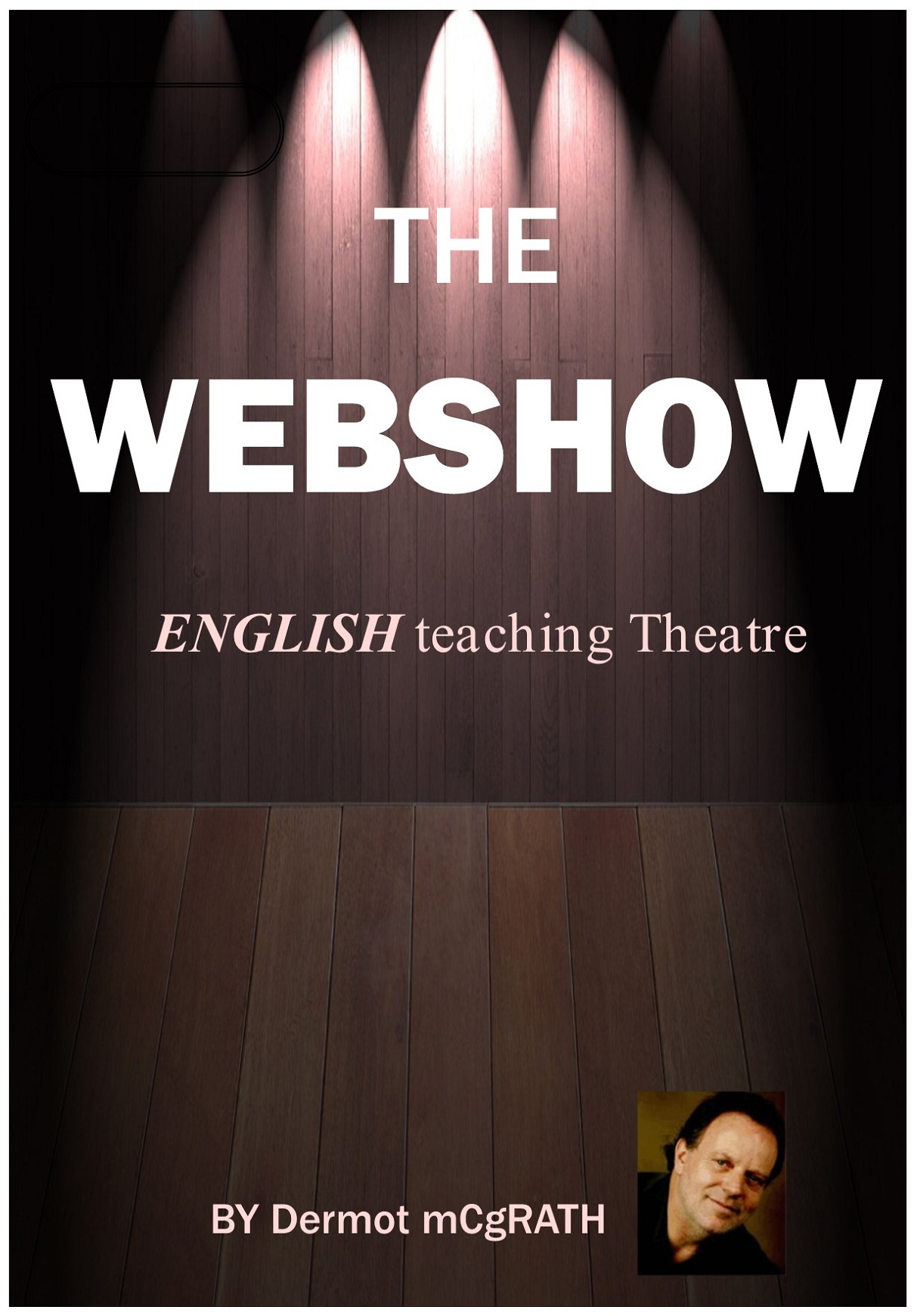Conozca mis libros
En primer lugar, llevo muchos años escribiendo libros de inglés como segundo idioma para alumnos extranjeros. Mi libro The First Twelve Lessons and Beyond publicado en 1979 fue especialmente relevante ya que fue el primero de ellos. Como consecuencia de su éxito, seguí escribiendo y acabé editando finalmente más de 100 libros. Estos tratan, sobre todo, la vinculación entre la gramática española e inglesa.
EVERY MOMENT COUNTS
Por más que muchos de los siguientes títulos estén disponibles en las grandes librerías, también se podrán encontrar en Amazon
Sin embargo, si no pudiera encontrar algún título en particular, por suerte casi todos ahora están digitalizados. Con todo, no dude en contactar con nosotros si tiene dificultades para adquirir uno en particular. Probablemente, se lo podremos suministrar.
La mayoría de los siguientes títulos están ya digitalizados aunque hayan sido ligeramente modificados en el proceso. Por lo general, estarán visibles en formato pdf y ePub.
En conclusión, todas estas obras estarán pronto disponibles de forma responsiva y por lo tanto aptos para Kindle. Tener en cuenta que también podrán leerse en ordenadores portátiles y teléfonos móviles.
Mis últimos libros
Aquí puedes ver mis últimos libros escritos, que están disponibles en Amazon
TO BE or BEING
Si estas en un pub Londinense y le dices al camarero “I would like having a pint of Guinness”, te va a entender perfectamente. Ahora bien, puede pensar “Que mal habla este tio”. Con este libro aprende que verbos van con TO y cuales van con ING y entonces dirás bien “I would like TO HAVE…”
Active Voice to Passive Voice
Podemos decir The bullfighter KILLED the bull. Eso es Voz Activa. Pero los ingleses prefieren decir The bull WAS KILLED BY bullfighter. Eso es Voz Pasiva. Ahora bien, por qué no decir que The bullfighter WAS KILLED BY the bull. Es que a veces The bull wins! Ole! Aprende a diferenciar bien entre la voz Activa y la voz Pasiva en este divertido libro.
Phrasal Verbs
Los nativos-parlantes apenas pueden decir una frase sin que contenga uno de los malditos phrasal verbs.
KEEP MUM no es guardar a tu madre! sino HACER MUTIS POR EL FORO.
En este libro veras los 100 más importantes. ¡Jo! claro… cuando los ingleses inventaron el inglés no lo consultaron con los españoles.
Comparatives and Superlatives
Si dices en un restaurante “It was the baddest meal I’ve ever had”, está mal dicho. ¡Debes decir WORST! Este libro clarificara tus dudas sobre comparativos y superlativos. ¡Pero tranquilo! Todos cometemos errores. Ahora bien, ¿por qué has de cometer el mismo error cuando hay tantos otros que puedes cometer?
The Present Perfect & Friends
Un error muy común que cometen los hispanoparlantes cuando hablan inglés es “I have seen a good film last night”. Claro que tu interlocutor inglés te va a entender bien pero deberías haber dicho “I saw…” para que la frase quedara perfecta. En este libro verás en qué situaciones debes usar el Present Perfect y en cuales no !
Reported Speech
INTREPID REPORTER REPORTS ON REPORTED SPEECH. ¡Vaya trabalenguas! ¿A qué no lo puedes decir tres veces sin tropezar? Pero, donde no vas a tropezar es en saber utilizar –¡por fin! – la Voz Indirecta (Reported Speech) en inglés. Con el libro Reported Speech, el intrépido profesor Tom Red te enseñará como desenvolverte con el Estilo Indirecto en inglés de una vez por todas.
Confusing World of Used
“Pablo solía hablar castellano cada día pero se fue a Londres a vivir. Suele hablar inglés en el trabajo. Al principio no estaba acostumbrado a hablar el inglés pero pronto se acostumbró a hablarlo. Ahora usa el inglés más que el castellano.” Ufff!! Serías capaz de hacer esto en Inglés con, get used to, be used to, used to, usually y use (verbo). Este libro te irá de perlas para desenvolverte en el confuso mundo de USED.
Position of Adjectives
La posición del los adjetivos en inglés suele ser lo contrario del castellano. Si dices a un inglés “He is a man tall with a face friendly”, no te extraña que te diga que solo te falta la pluma. Evita la traducción directa! Recuerda que cuando los ingleses inventaron inglés no consultaron con los españoles. Ok, ok, tampoco al revés! Sorreee! Pero ponte las pilas con este buen libro.
British vs American English
Si estás en unas grandes almacenes en New York y preguntas dónde está the LIFT (asensor) no te van a entender ya que ellos dicen ELEVATOR.
Un autovía es DUAL-CARRIAGEWAY en GB pero es FREEWAY en EEUU.
Y así sucede con centenares de palabras. BRITISH Vs AMERICAN ENGLISH es un libro ideal para ti.



